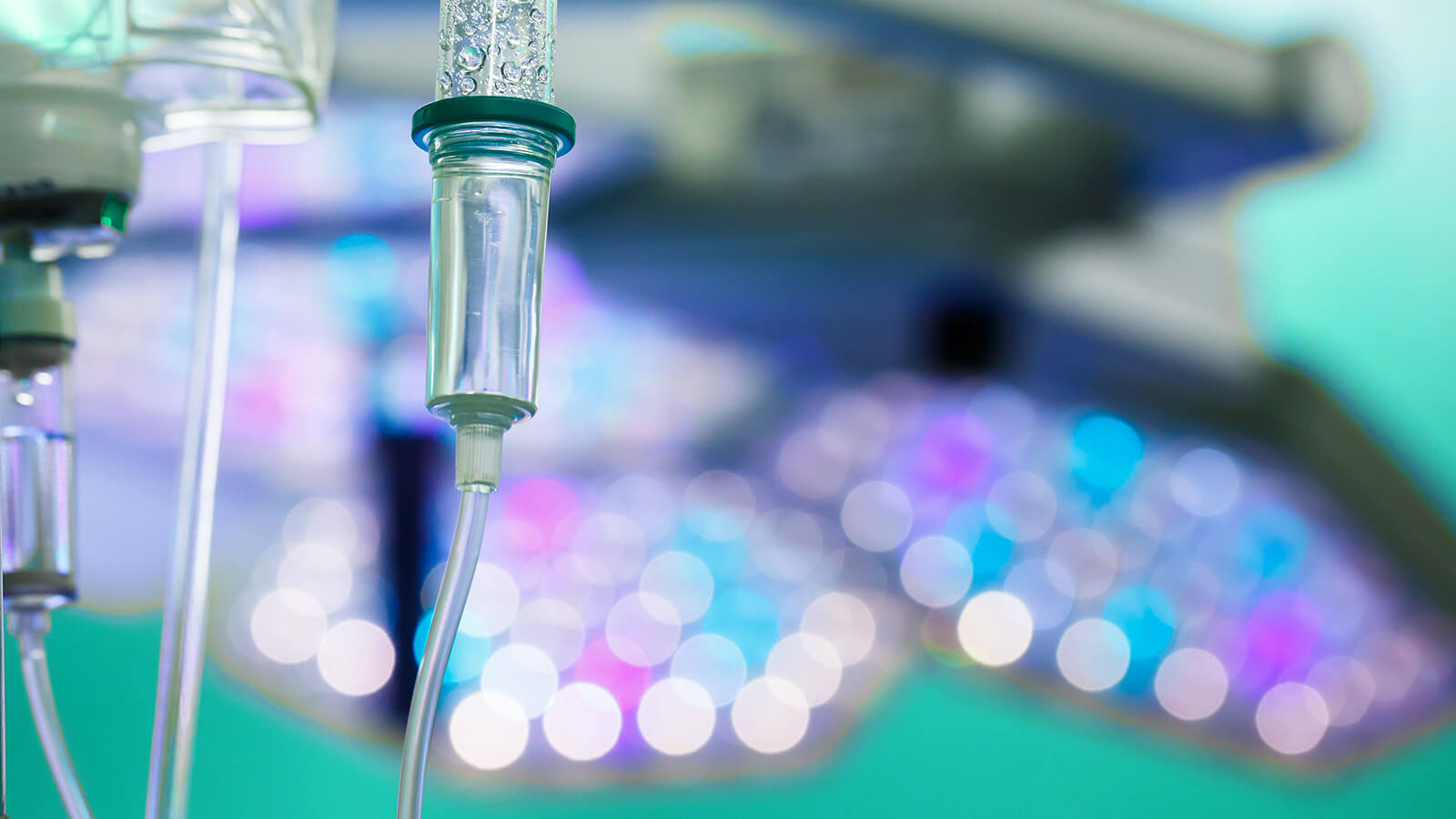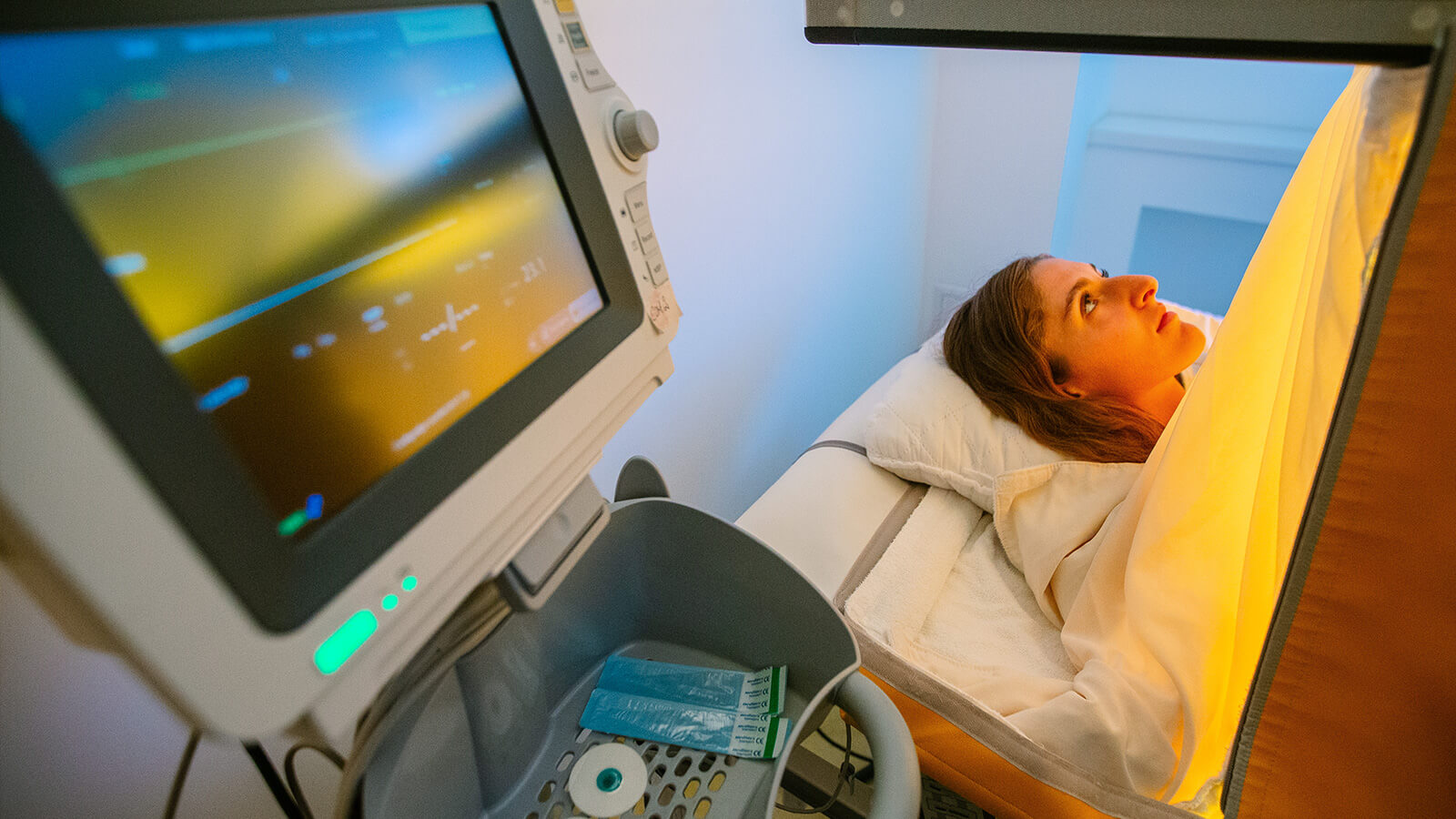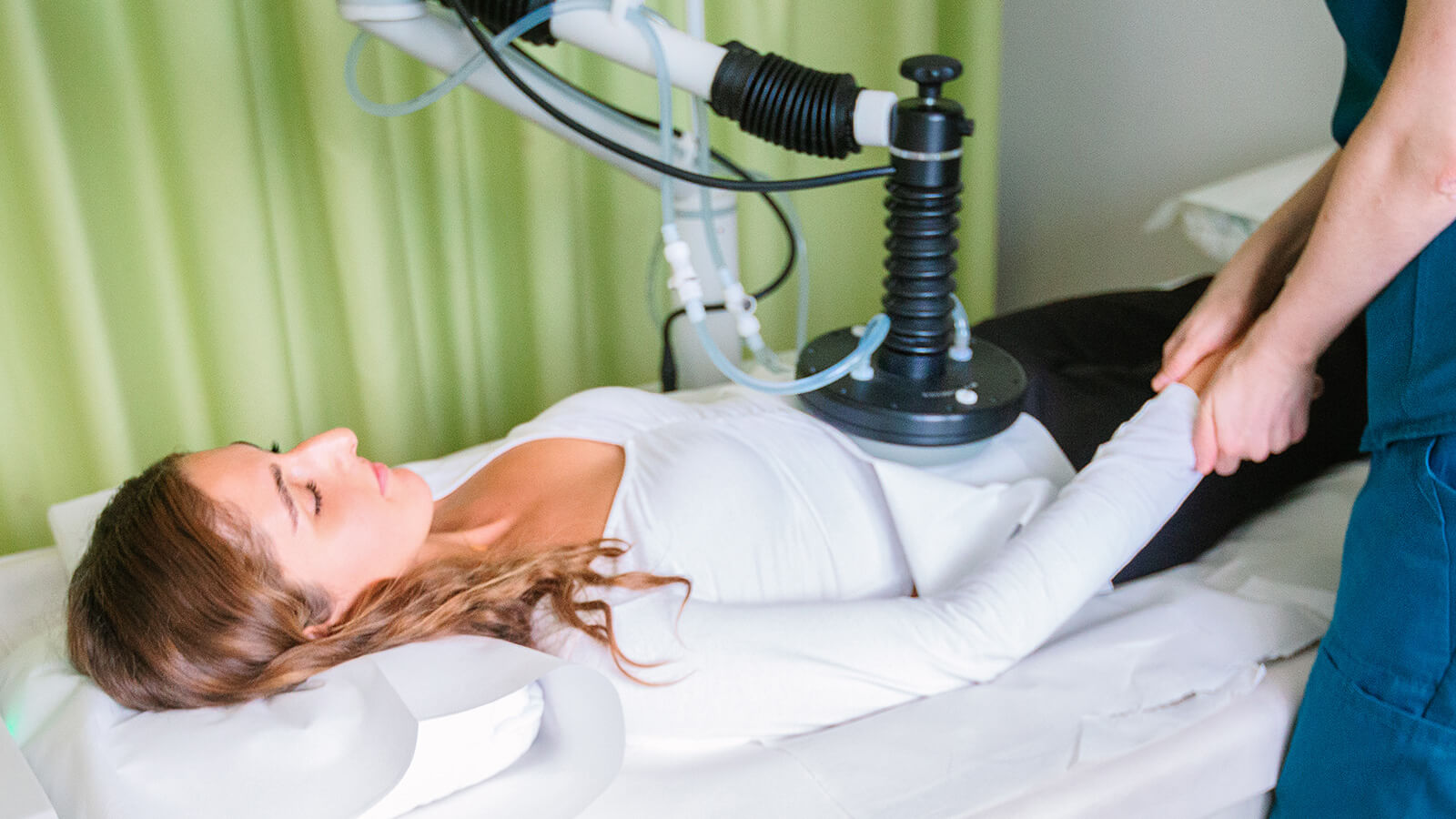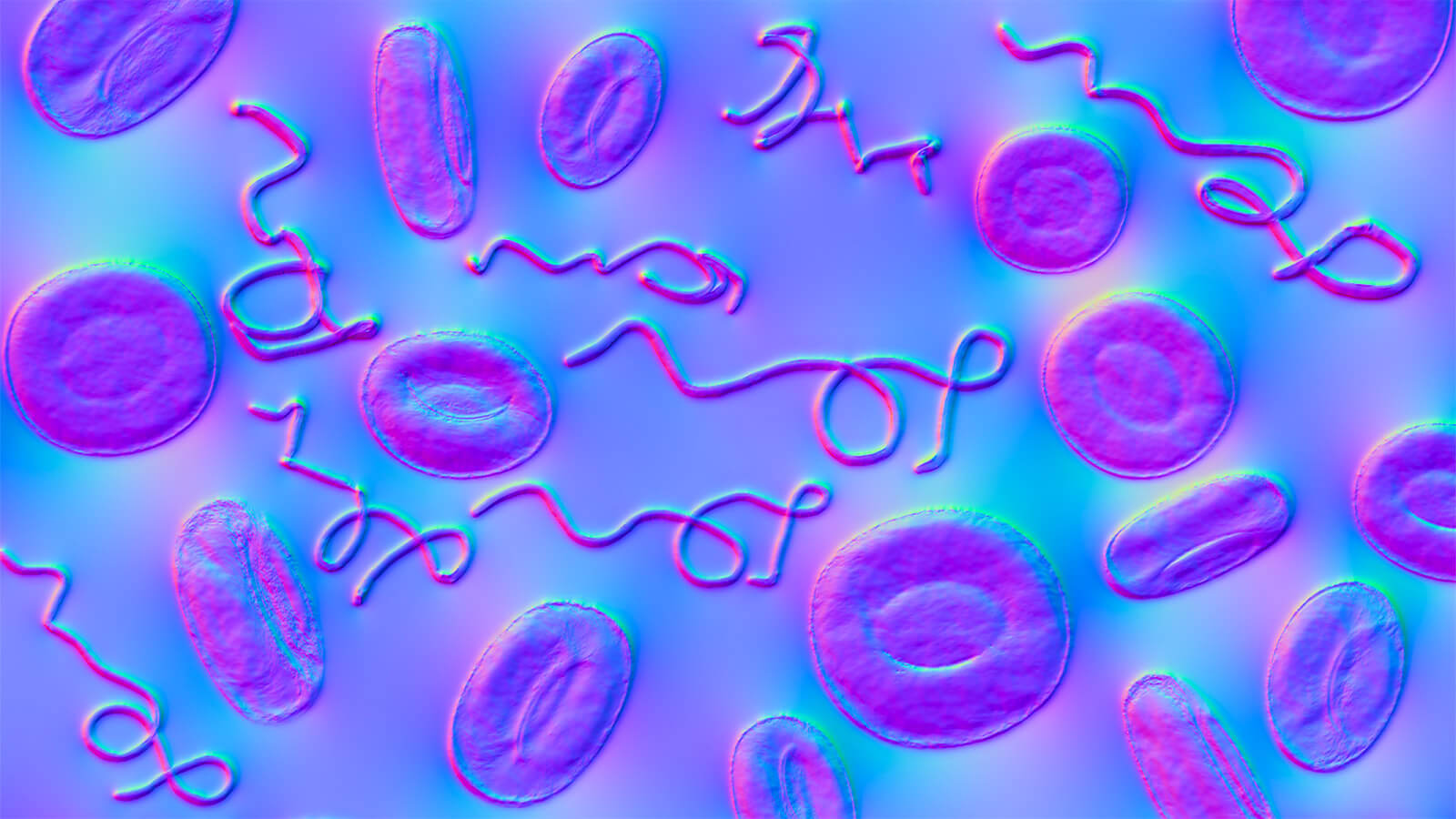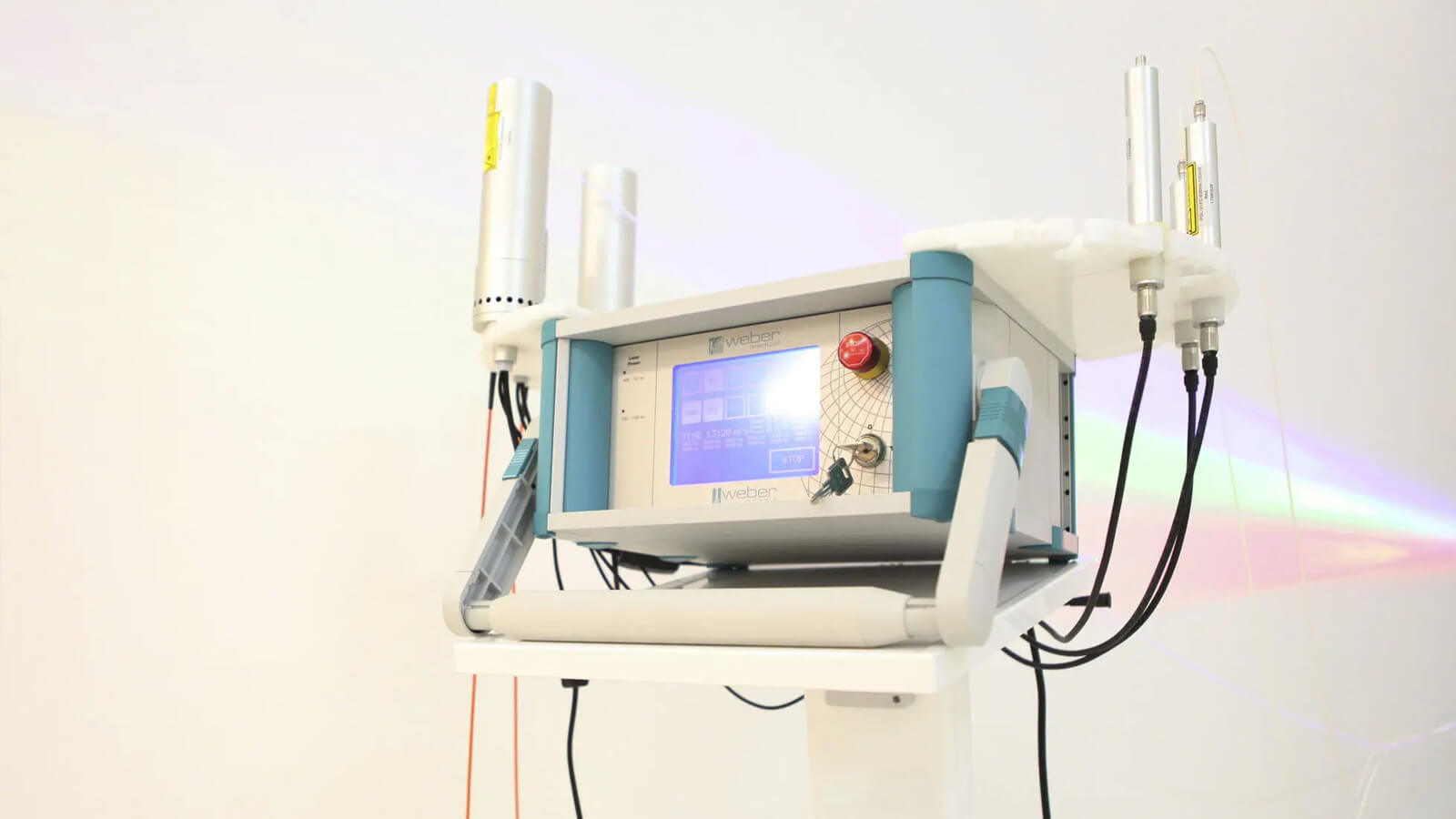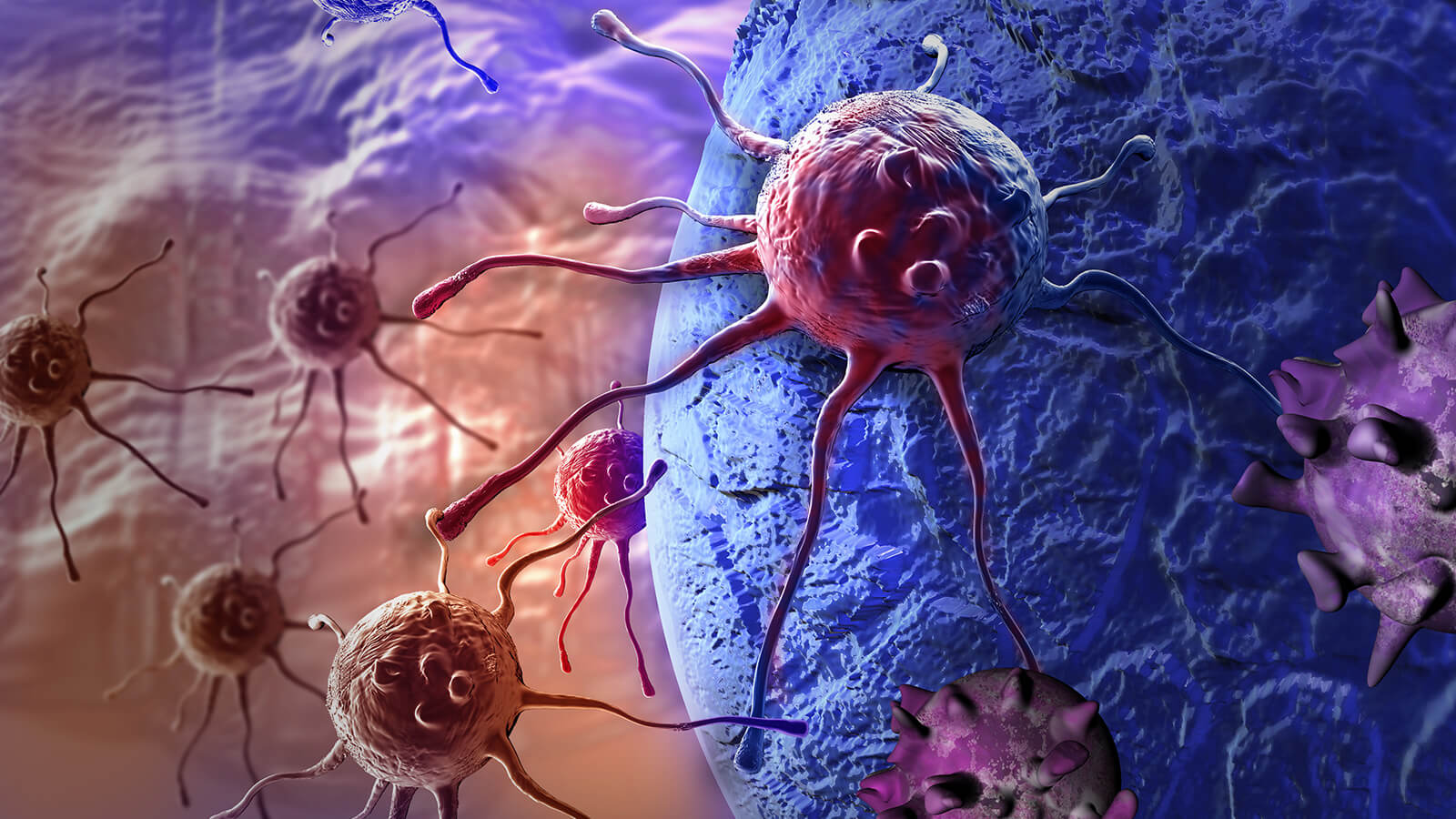
Hormone therapy for cancer
Hormones produced by the body play a significant role in tumor growth and cancer dissemination in various malignancies. In this context, hormone therapy is used, as it alters, blocks, or supplements body-specific hormones.
As a result, there are several forms of hormone therapies for cancer, depending on the strategy: hormone suppression therapy, hormone deprivation therapy, hormone therapy, anti hormone therapy, or endocrine treatment.
Who is eligible for
hormone therapy
treatment?
To employ hormone therapy successfully, tumor cells must be tested to discover if they are hormone sensitive, i.e. if they overexpress certain hormone receptors. However, if the medication is given for a longer period of time and no tumor shrinking is observed, the test must be repeated because in some instances, the tumor cell changes its expression, adjusting to the new circumstances, and finding new means of feeding itself. Such circumstances render hormone therapy unnecessary.
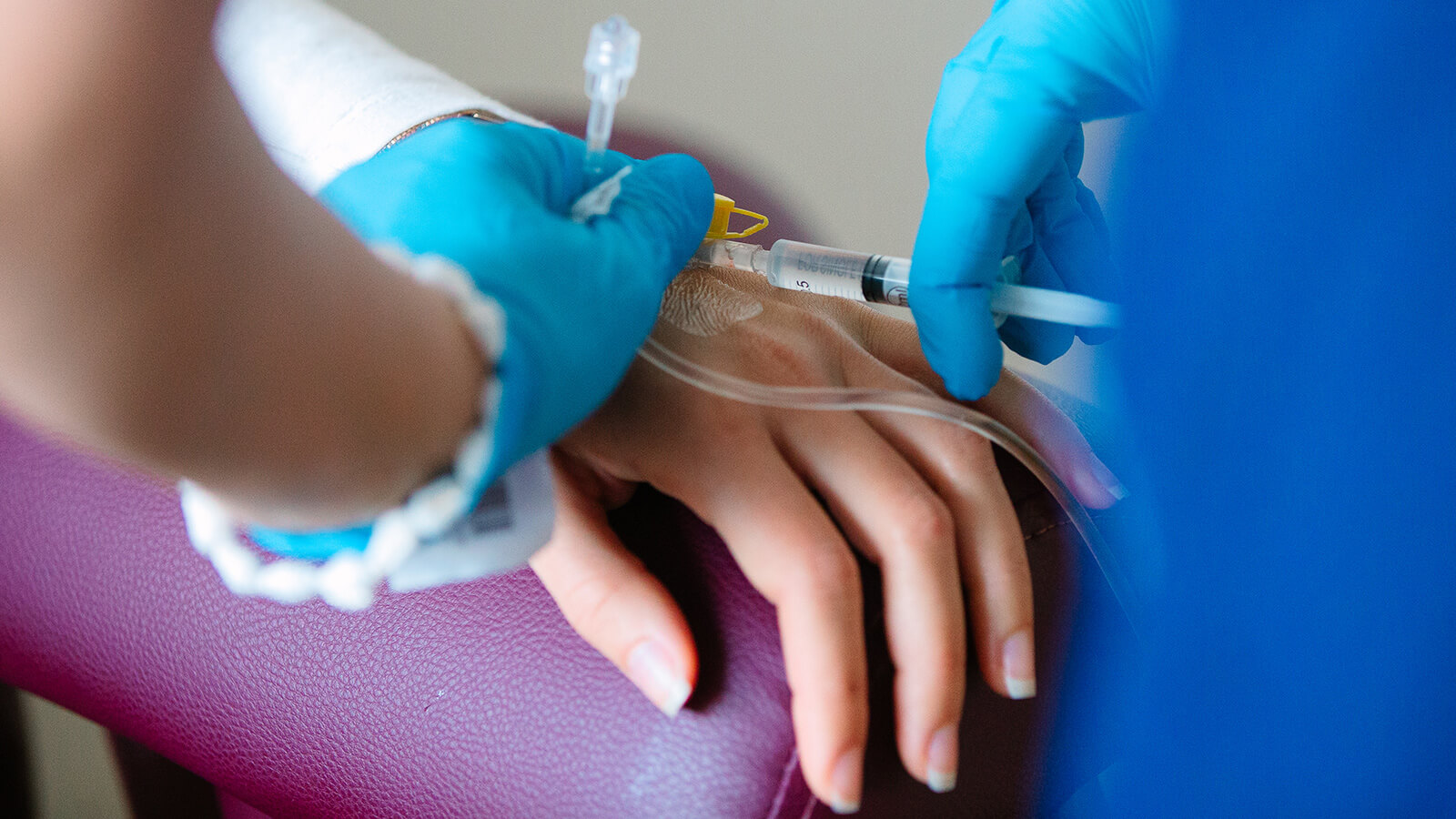
How does hormone
therapy work?
INHIBITS
the production of hormones in a variety of ways.
CHANGE
a hormone behaves in the body.
BLOCK
the binding of hormone to cancer cells.
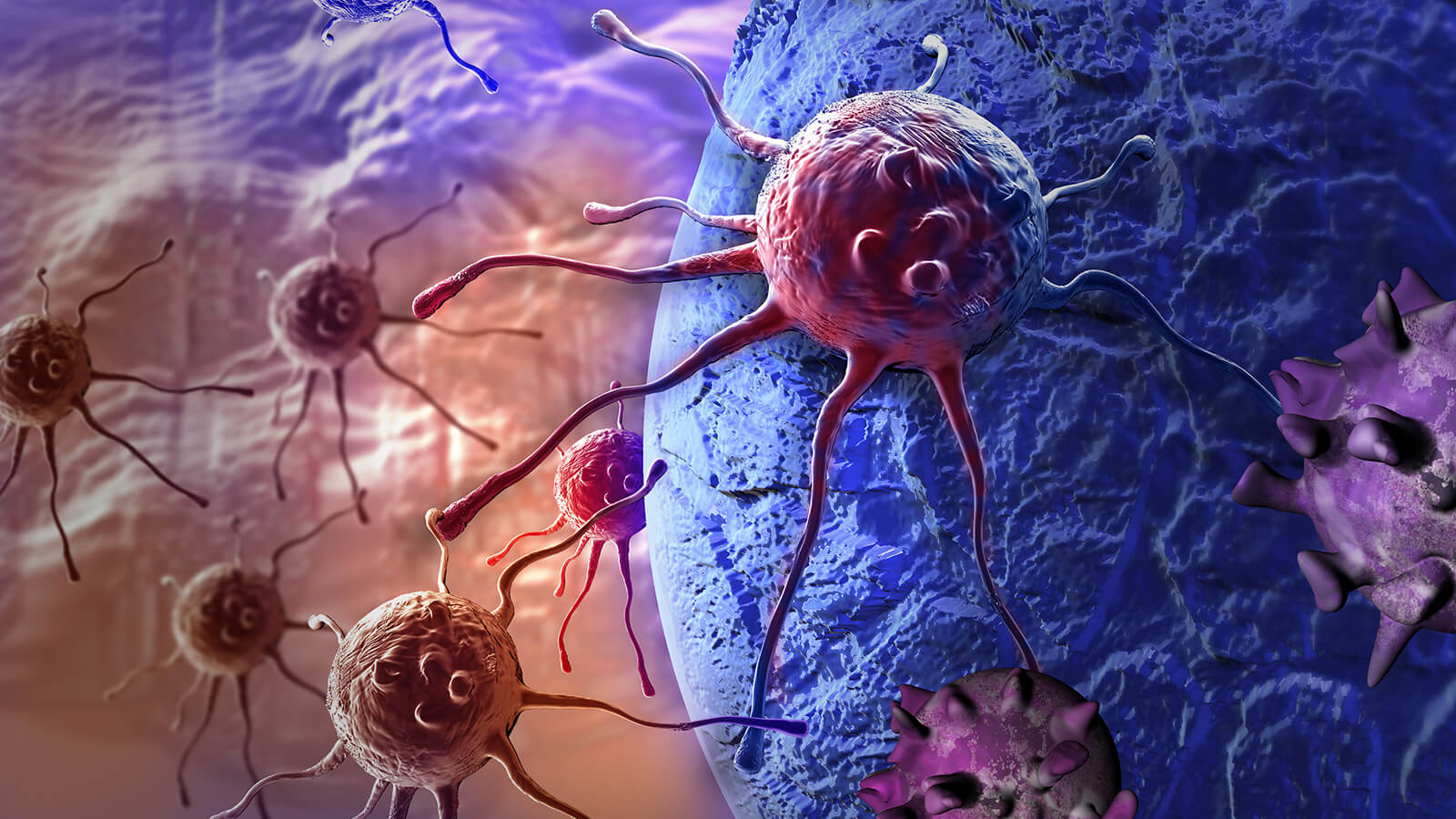
Which types of
cancer are also
treatable with
hormone therapy?
Breast cancer
Prostate cancer
Ovarian cancer
Uterine cancer
Thyroid cancer
Adrenal gland cancer
Neuroendocrine cancers
Breast cancer
80% of breast cancers are hormone-positive. This means they are either estrogen-receptor (ER) or progesterone-receptor (PR) positive, or both at the same time, which is the most prevalent occurrence. Breast cancer hormone therapy also includes human epidermal growth factor receptor 2 (HER2), which can be positive in 15-20% of instances, in which case targeted therapies are employed.
The following treatments were used:
- selective estrogen receptor response modulators (SERMs) (tamoxifen). They selectively block estrogen receptors on breast cancer cells.
- aromatase inhibitors that inhibit estrogen production: anastrazole (Arimidex), exemestane (Aromasin) and letrozole (Femara), plus palbociclib or ribociclib. They are mainly used for menopausal women.
- negative estrogen receptor down-regulators (ERDs) (fulvestrant - Faslodex). They aggressively block estrogen receptors throughout the body and are recommended in advanced cancer stages with HER2 negative.
- luteinizing hormone-releasing hormone (LHRH) agonists are medications that inhibit the production of estrogen in the ovaries (goserelin – Zoladex, leuprolide – Lupron, and triptorelin – Trelstar).
- removal of ovaries.
Prostate cancer
Prostate cancer, the most prevalent cancer in men, is most often triggered by androgens, such as testosterone and its derivatives, which are produced by the testicles or, to a lesser extent, by the adrenal glands. To that end, the hormone therapy try to lower testosterone levels or to inhibit testosterone or androgen receptors.
Here are the therapies used:
- luteinizing hormone-releasing hormone (LHRH) agonists (goserelin acetate – Zoladex, leuprolide – Lupron, and triptorelin – Trelstar).
- Gonadotropin-releasing hormone (GnRH) antagonists.
- Anti-androgen medications (bicalutamide – Casodex, cyproterone acetate - Cyprostat, flutamide – Drogenil).
The hormonal therapies provided by ImunoMedica take into account not only the stage of the cancer and the benefit-risk balance, but also integrated approaches that ensure that these therapies have the greatest impact in the shortest time possible, while minimizing side effects.
At the ImunoMedica clinic, hormone-dependent cancers have been successfully treated because of the multimodal approach used, the measures taken to safeguard the body from these treatments' negative effects, and the removal of the causes of their occurrence.
The therapeutic solutions we provide
Comprise a wide range of conventional, adjuvant and supportive therapies, which integrate medical concepts that have been built on a sturdy scientific basis and on the clinical experience of numerous cancer specialists worldwide.
ImunoMedica patients have access to the latest diagnostic tools, technologies and innovations as well as to the latest and best treatments available, as soon as these are proven to be safe and effective.
How can you become a patient of our clinic?
Throughout the whole process, from your initial contact, through treatment and after you leave our clinic, our patient coordinators will guide you through the steps and support you with all their expertise, attention and kindness.
*
We are here to help you
Our patient coordinator will contact you soon
Phone: +40.771.518.946, e-mail: office@imuno-medica.ro



